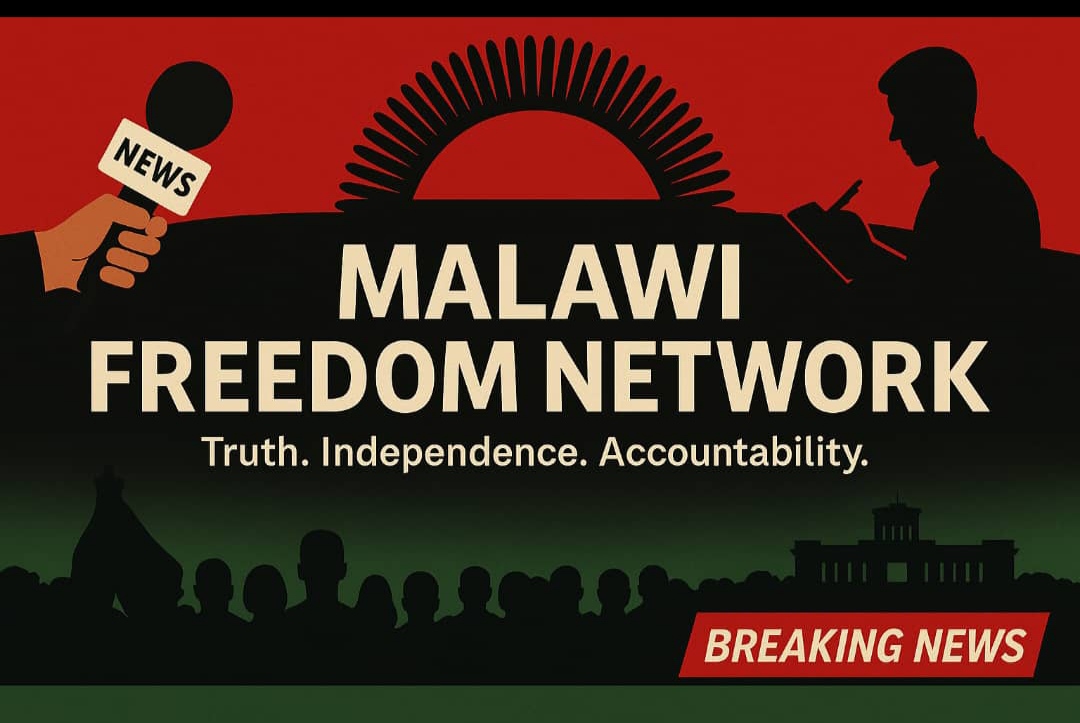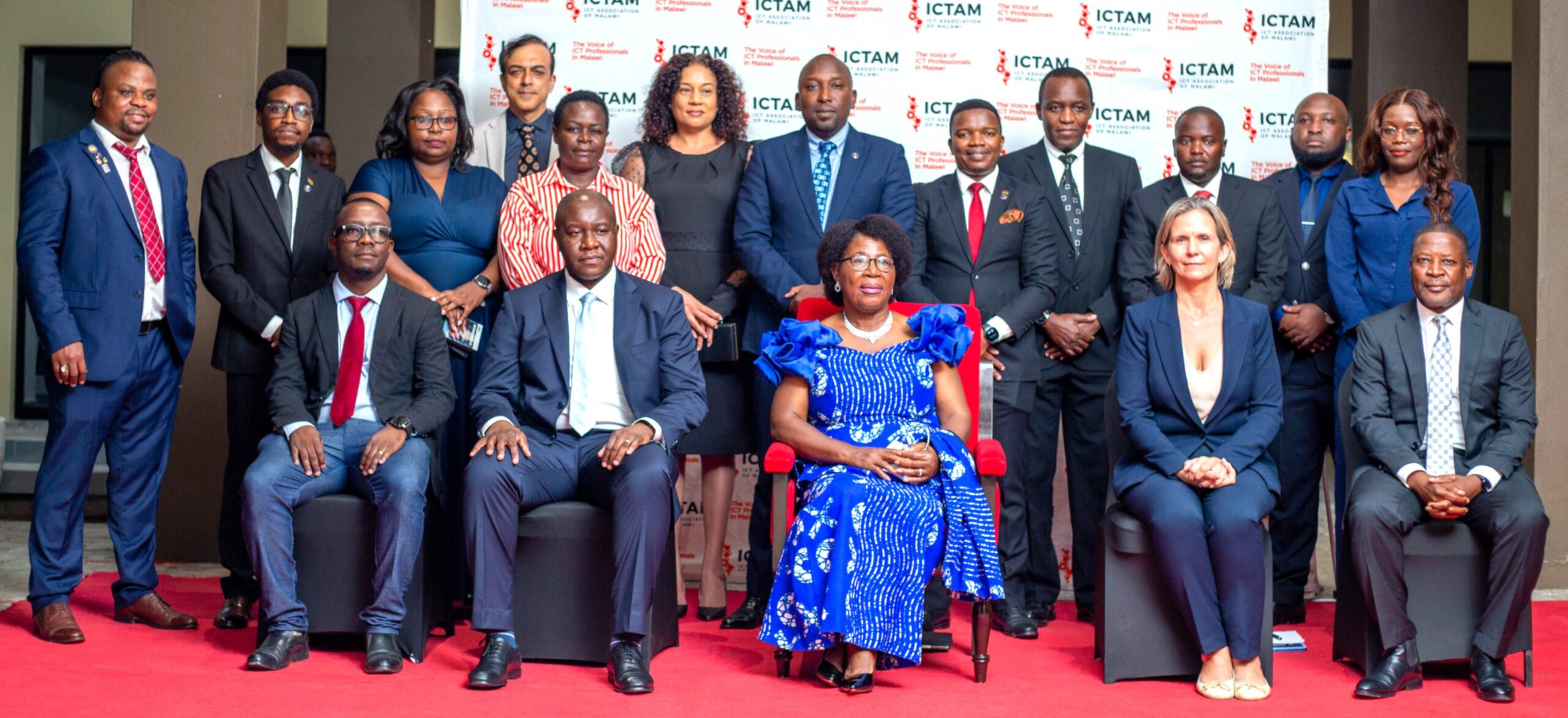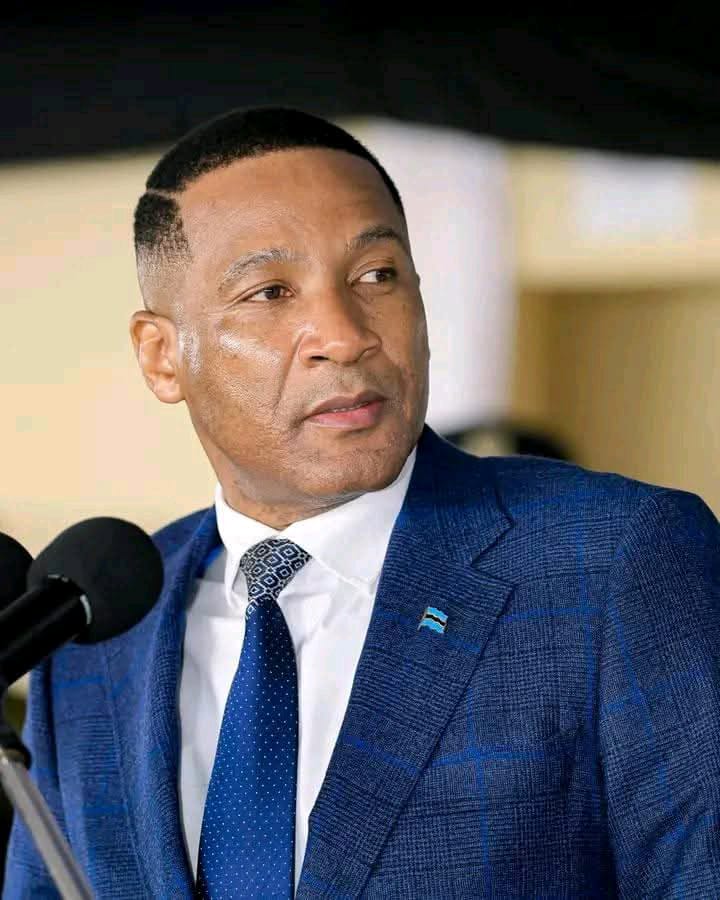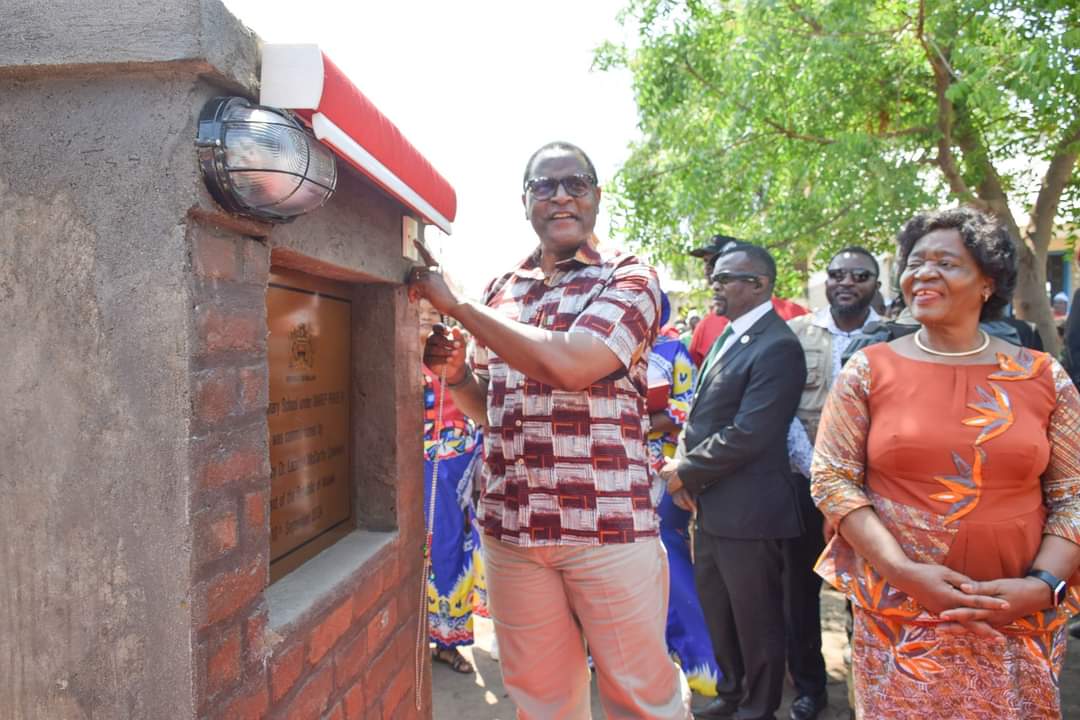Press review
By Burnett Munthali
In July 2025, the Malawi Freedom Network published a number of political stories that highlight major realignments and voter sentiment shifts ahead of the general elections slated for 16 September 2025.
One of the most prominent stories was the IPOR survey, which placed former President Arthur Peter Mutharika in the lead with 43% of voter support, while the incumbent, President Lazarus Chakwera, trailed behind at 26%.
This polling data suggests a significant erosion of public confidence in the current leadership, and a resurgence in support for the opposition Democratic Progressive Party (DPP).
The Network further reported that the National Democratic Party (NDP) had officially re-entered the presidential race and formed a political alliance with the DPP.
This development marks a key realignment within Malawi’s opposition landscape, potentially consolidating anti-Chakwera forces and reshaping the balance of power in swing constituencies.
Another story drew attention to mounting concerns about President Chakwera’s political prospects, primarily due to the continued economic hardship facing ordinary Malawians.
Rising inflation, high unemployment, and the perceived disconnect between government policy and citizen needs have significantly contributed to growing public discontent.
Together, these top stories reflect three major political dynamics: the DPP’s surge in support, strategic opposition realignments, and increasing economic frustration among voters.
These dynamics are critical for political analysts seeking to understand voter behavior, particularly as Malawians appear to be pivoting toward issue-based politics over traditional party loyalty.
The aggregated coverage from Malawi Freedom Network also raised pertinent questions about the future of the campaign landscape.
One of the pressing issues is whether Mutharika’s current poll lead will hold as the campaign intensifies and whether Chakwera’s team can mount an effective response to stem the tide of dissatisfaction.
There is also speculation around the strength of the NDP–DPP alliance and whether it can produce real electoral gains, particularly in regions historically contested or marginal.
Equally important is the question of whether the incumbent administration will introduce any substantial policy shifts or campaign messaging that directly addresses voters’ economic concerns.
Concluding Review
The Malawi Freedom Network’s July 2025 coverage underscores a turning point in the country’s political discourse.
The polling trends, alliance reshuffles, and public frustrations suggest that the incumbent government is losing its grip on popular support.
Meanwhile, the opposition is gaining momentum, buoyed by strategic partnerships and a narrative focused on economic recovery.
For political analysts, this evolving landscape offers a preview of a highly competitive election season—one likely defined by pragmatic voter choices rather than mere party identity.




